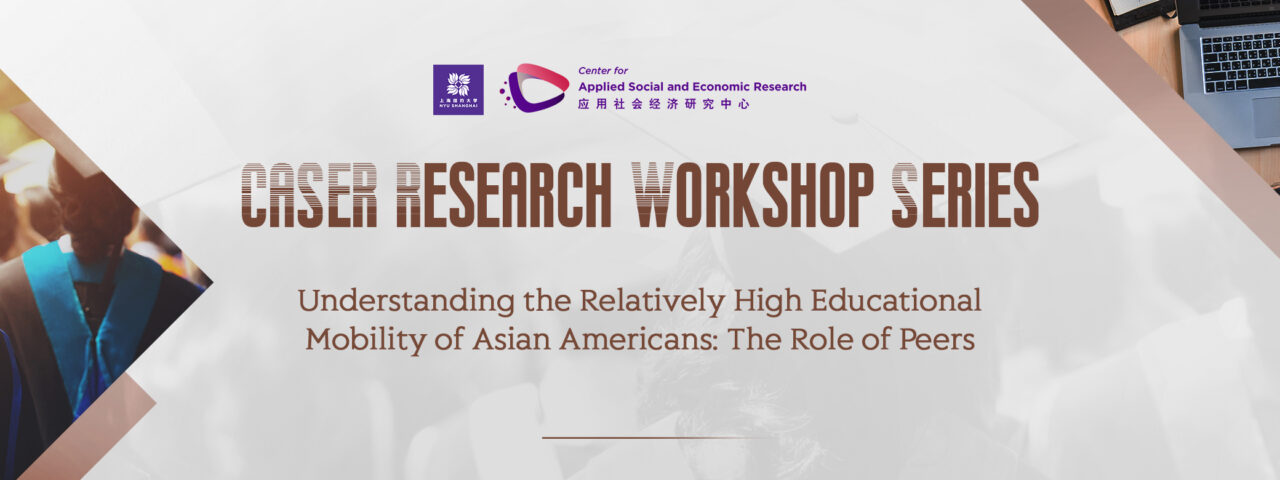Share:
Understanding the Relatively High Educational Mobility of Asian Americans: The Role of Peers

- Yapeng Wang, Renmin University of China
- 11:45 am -1:00 pm, Wednesday, November 2, 2022 (CST)
- Seminar hosted via Zoom
Abstract
While ample literature has shown that family socioeconomic status is positively associated with educational outcomes, several recent studies have suggested that this may not be the case for Asian Americans, whose family socioeconomic status may not predict their educational outcomes. This literature, however, has rarely examined factors that may explain differential patterns for Asian Americans. This study examines to what extent peer influence could explain the limited role of family socioeconomic status in fostering Asian Americans’ college attendance. Analyzing nationally representative data from the Education Longitudinal Study of 2002, this study finds that the association between family socioeconomic status and college enrollment among Asian Americans is relatively weak compared with whites and other racial/ethnic minority groups. This pattern in general holds for different generations of Asians and across Asian ethnic subgroups, but does not apply to other racial/ethnic minority groups. Moreover, peer influence contributes to explaining a substantial portion of the relatively weaker association between family socioeconomic status and college enrollment for Asian Americans relative to whites. The findings reveal the importance of considering racial/ethnic differences in the status attainment processes, and in particular Asian Americans, and how peer influence moderates the relationship between family socioeconomic status and educational outcomes for different racial/ethnic groups.

